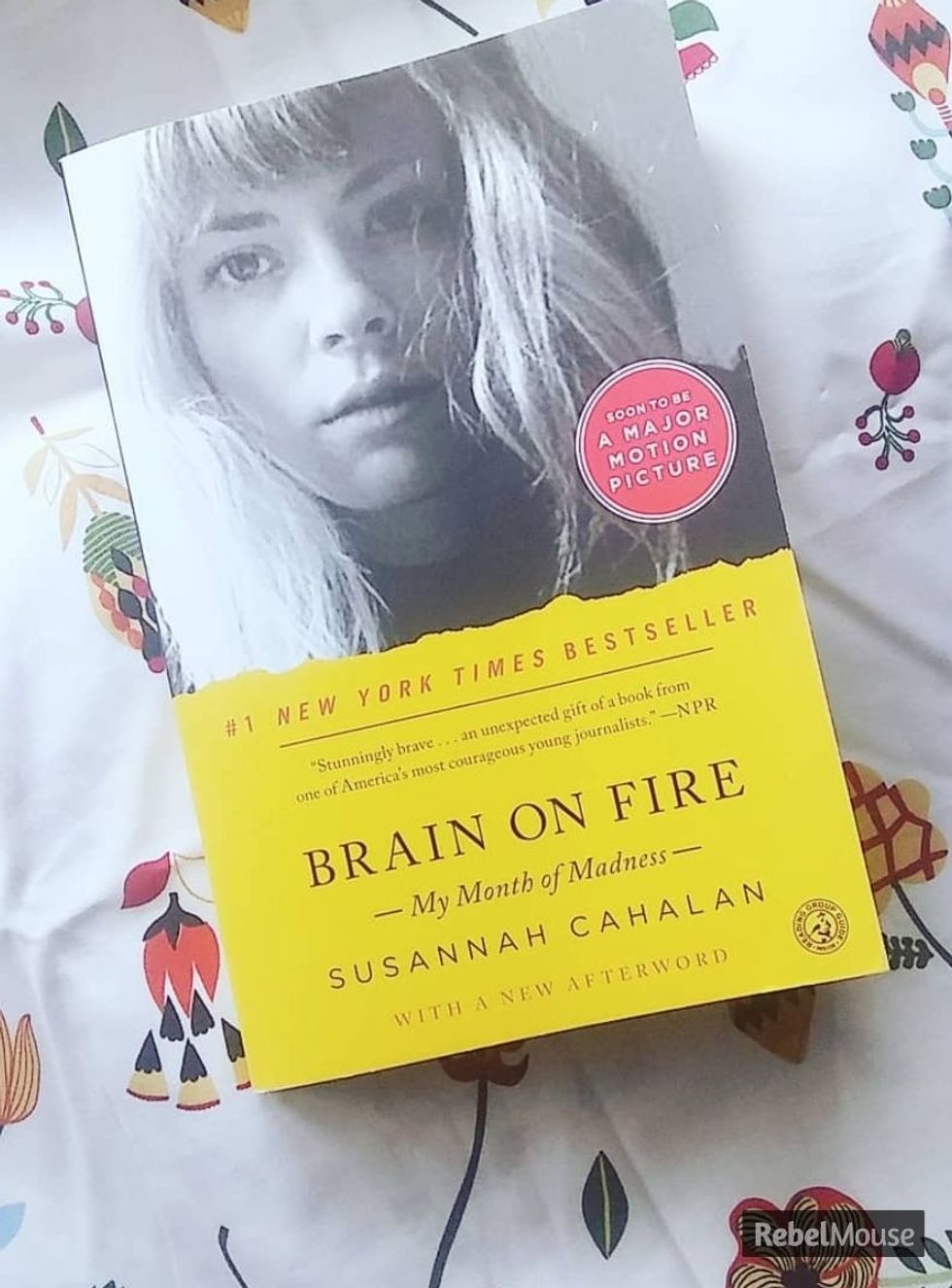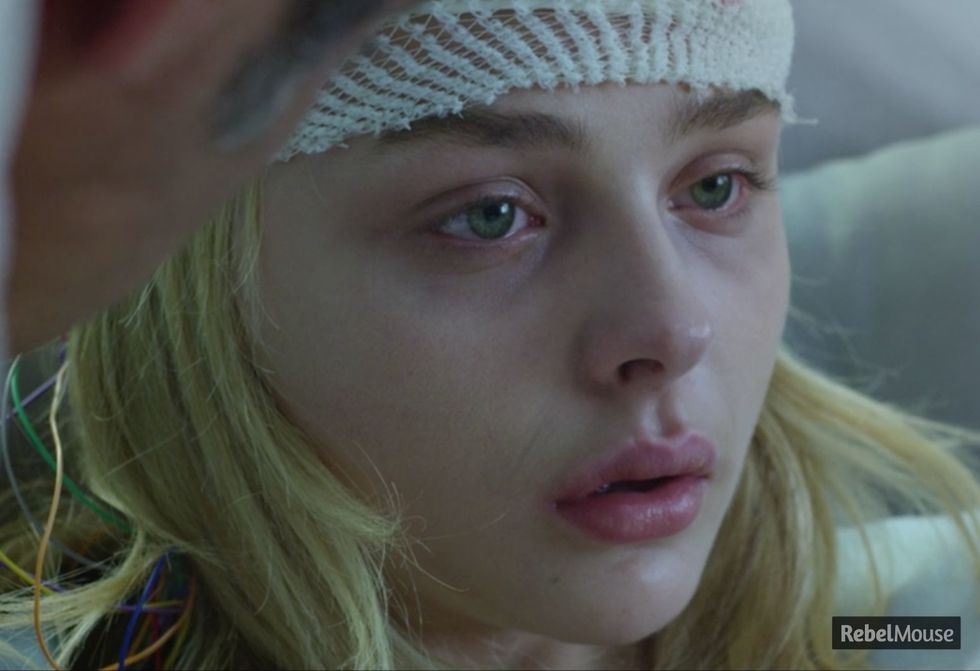The Book

This past week I had the pleasure of reading Susannah Cahalan's memoir, "Brain On Fire: My Month of Madness." Inhaling it in one day, this memoir recounts how the then-24-year-old spiraled from living a normal life as a journalist for the New York Post to showing psychotic symptoms to becoming unexplainably catatonic within a one-month span, followed by the life-changing diagnosis of anti-NMDA receptor encephalitis and her long recovery to a "90% normal."
This book checked off every box for my psychology and biology loving self, and I was pleasantly surprised by how well this book was able to simultaneously produce a feeling of fascination and suspense while also being able to explain medical diagnoses and terminology in a thorough, understandable way.
Using her own personal memories, journals from loved ones, and medical records and videos, Cahalan uses her journalist skills to piece together her month of madness. Explaining to her readers up front that she will never be able to fully or accurately remember all of the events from this period in 2009, Susannah Cahalan presents this portion of her life in a well constructed, painfully real way that will make you not only question and awe at the complexity of the human body and the state of our medical system, but also be greatly moved by the love and perseverance of Susannah's loved ones throughout this whole ordeal.
The Movie

Naturally, after reading the book and doing a little research, I discovered that Netflix had recently added the movie adaption of the memoir to its content list.
Starring Chloe Grace Moretz, I decided to watch the movie and compare it to the book.
And let me tell you, the book is 10x better than the movie.
As book-to-movie adaptations go, a lot of the information is changed. For example, Susannah's age in the movie is 21. While that shouldn't be a huge deal, I'd just like to point out her position as a journalist at The New York Post. I'd take a guess that a position there requires a college degree, which most 21-year-olds yet to have, yet it is established that she has worked there for a while.
Between its inaccuracies and overdramatization, the beginning of this movie left much to be desired. However, as the movie progresses and Cahalan's illness worsens, the movie begins to focus on the symptoms and the spiral of Cahalan's mental and physical state.
The catalog of symptoms takes over a majority of this movie, and only the last 15 minutes depict Susannah's monumental diagnosis and lengthy recovery. While the symptoms are key, I think it is a disservice to the audience to omit the recovery process Susannah battled through in the months after diagnosis. Not only is this a period in which Cahalan's memories allow this to be the most reliable part of the memoir, but it also demonstrates the harrowing reality of the illness's aftermath and the incredible strength that Cahalan builds while reconstructing her life brick by brick.
The Verdict
Although the movie does a decent job of depicting Cahalan's "month of madness," it doesn't compare to the depth achieved in her memoir.
While the movie allows us to witness the severity of her symptoms, including her seizures, psychotic episodes, and catatonia, my biggest fear is that people may belittle these events, believing that they are over-the-top or simply made-for-movie scenes.
However, these events happened in real life, which is much scarier than even the best acting and the perfect score could portray.
Through writing this memoir, Cahalan made herself vulnerable, exposing the worst period of her life for everyone to witness. Cahalan's bravery and extraordinary journalistic skills allowed her to gather indispensable information and first-hand evidence to fill in the blanks of a time that she can't even remember, all so that her story could possibly help others in similar situations.
Susannah Cahalan was only the 217th person to ever be diagnosed with anti-NMDA receptor encephalitis. However, since the publication of her book in 2012, thousands more have been diagnosed and treated for the autoimmune disease.
All in all, Cahalan said it best in an article that she wrote about her experience with the movie from June 2018, "I realized then that none of my petty problems about the film mattered. The movie was not my story anymore... This movie has the potential to save lives. And what's more important than that?"



















